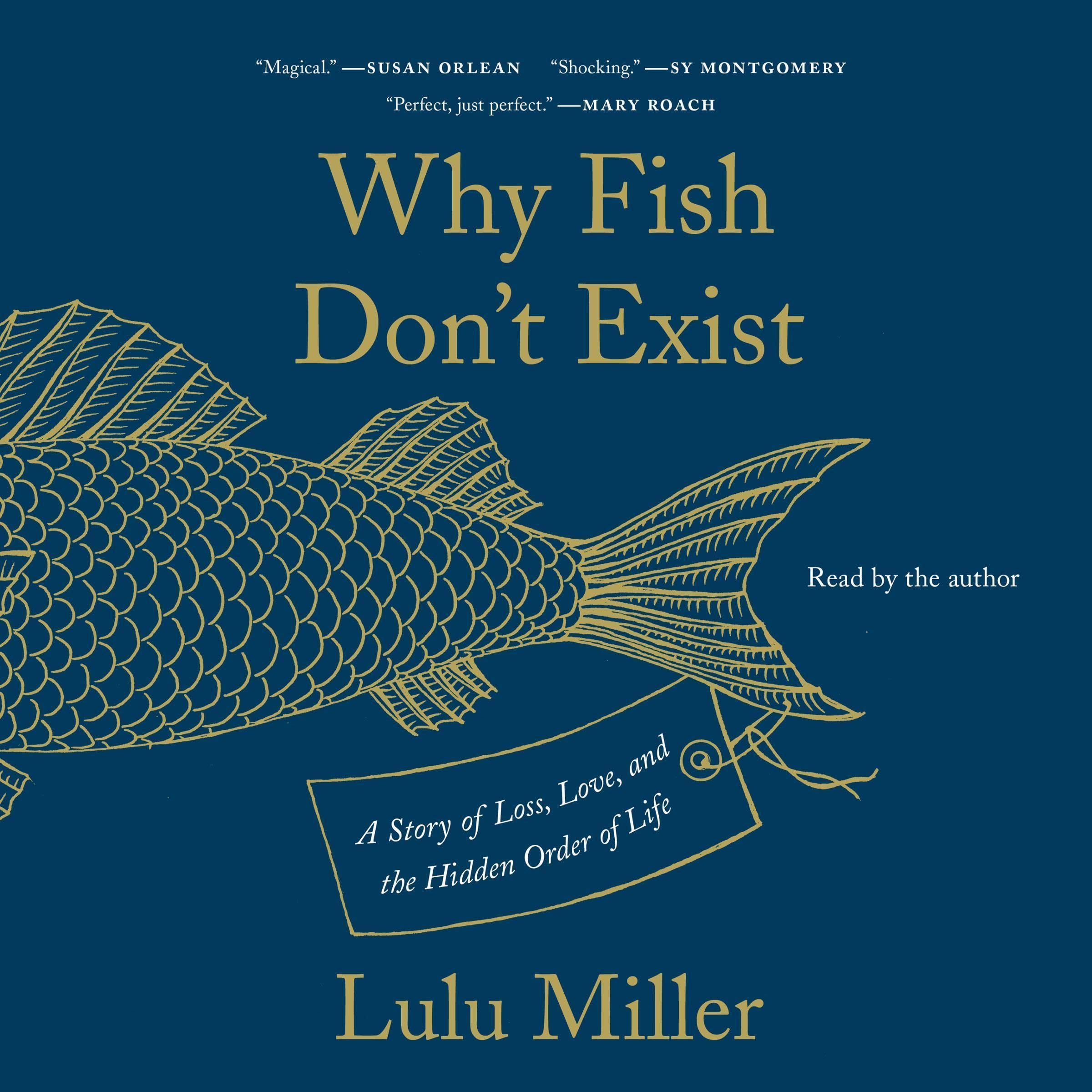WHY FISH DON'T EXIST is a short but well-written and captivating book which combines biography, memoir, science (particularly taxonomy), and philosophy. Written by Lulu Miller, who cohosts both RadioLab and NPR’s Invisibilia podcast, the book recounts Miller’s fascination and subsequent disillusionment with David Starr Jordan, a prominent scientist and scholar during the late 19th and early 20th century. An ichthyologist, passionate about taxonomy, Jordan rose to become the first president of Stanford University and, following his retirement, an outspoken advocate for peace. But as Miller shares her discoveries about Jordan with the reader, a darker side of the man emerges.
Miller’s writing is engaging, even poetic at times, and she certainly knows how to tell a story. She punctuates the biographical chapters with sections on her own life and her struggle to find meaning and order in a universe where chaos reigns supreme. Despite some darker sections*, it’s ultimately a hopeful book, and one I am glad to have read.
*CW: Readers should be aware that the book includes discussions of some difficult topics, including suicidal ideation, eugenics, and murder.

Why Fish Don't Exist: A Story of Loss, Love, and the Hidden Order of Life
4.4 | 3,111 ratings
Price: 11.8
Last update: 07-16-2024